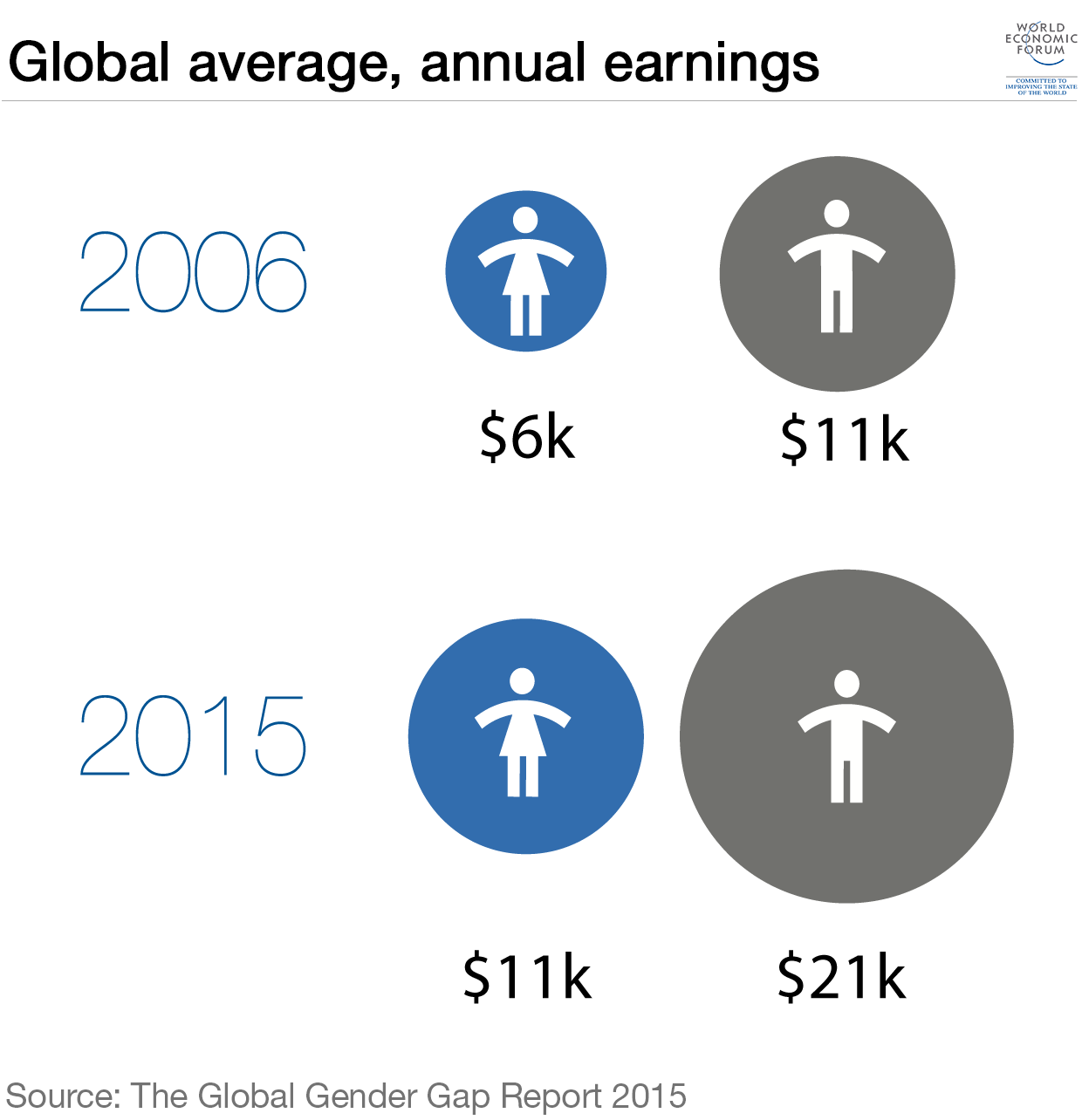Think the gender pay gap is a myth? Watch this John Green video

Why are women still being paid less than men for similar work? Image: REUTERS/Chris Keane
In the United States, women are paid 77 cents on the dollar for the same work as men. At least, that’s the statistic we hear thrown around whenever the conversation turns to the gender pay gap. But when author and vlogger John Green mentioned these figures in one of his videos, some of his followers weren’t happy: “That has been debunked time and time again. Why are we still clinging to old and busted statistics,” one person commented.
They’re right: the figures are misleading and have been called out many times in the past. The problem is in the calculation, which is made by comparing women’s median earnings and men’s median earnings. It doesn’t take into account differences in skills, experience, qualifications or even occupation. In the US, for example, 9 of the 10 most lucrative college majors are dominated by men, including engineering and computer science. Women, on the other hand, dominate 9 of the 10 least remunerative majors – from social work to theology.
But the fact that this particular myth has been debunked does not mean there is no gender pay gap. There is, and 10 years of World Economic Forum research on the issue can attest to that. The Global Gender Gap Report looks at wage equality for similar work – which, while difficult to measure with complete accuracy, does overcome some of the above problems. The latest edition found a steep difference around the world: women earn on average only the same as men did almost a decade ago.

So what explains this stubborn gap? It is, John Green notes in a new video on the subject, “fiendishly complex”. But anyone interested in understanding more about the issue should listen to what he has to say.
In just six minutes, the Fault in Our Stars author manages to touch on almost every dimension of the gender pay gap, including the leadership divide, motherhood penalty, daddy bonus, "second shift" and gender-based social expectations. After his extensive reading on the matter, what’s his conclusion? “Unless you cherry-pick the data, a real and consistent gender pay gap exists across almost all fields, at all education levels, at all ages.”
Don't miss any update on this topic
Create a free account and access your personalized content collection with our latest publications and analyses.
License and Republishing
World Economic Forum articles may be republished in accordance with the Creative Commons Attribution-NonCommercial-NoDerivatives 4.0 International Public License, and in accordance with our Terms of Use.
The views expressed in this article are those of the author alone and not the World Economic Forum.
Stay up to date:
Future of Work
Related topics:
Forum Stories newsletter
Bringing you weekly curated insights and analysis on the global issues that matter.







